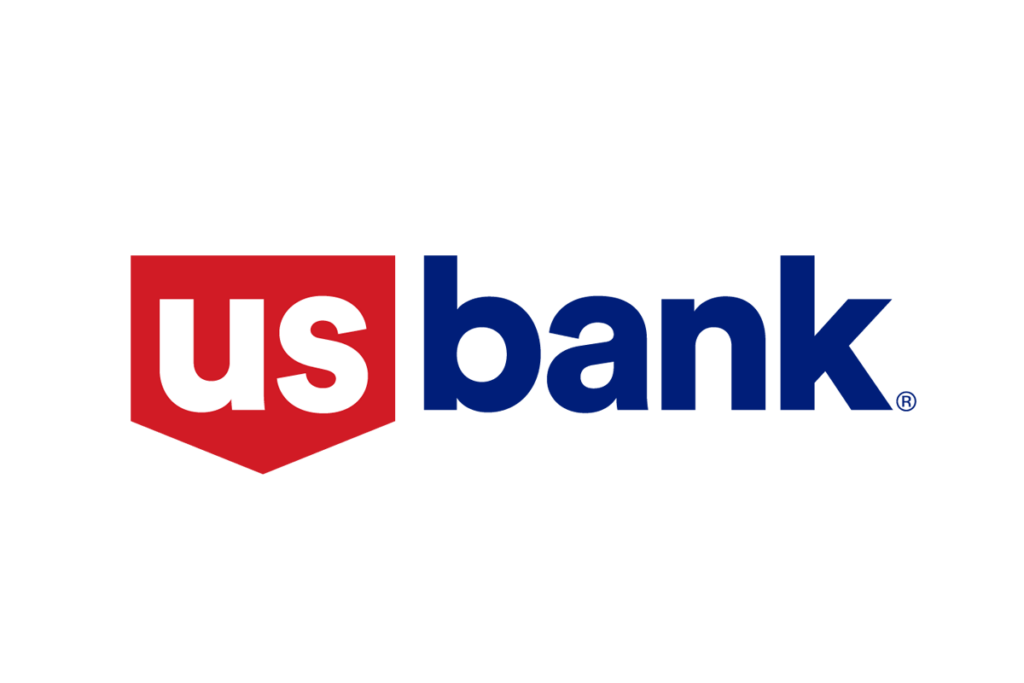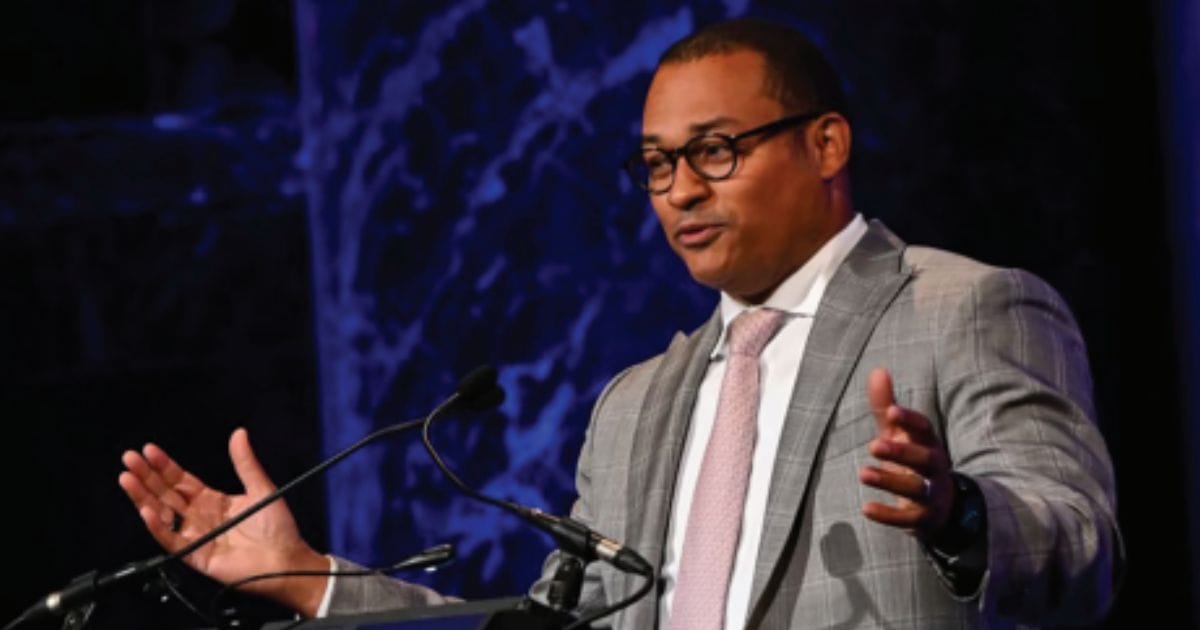Sekou Kaalund has a strong track record of developing talent, forming inclusive teams and leveraging a vast network to connect people with opportunities.
Black executive at U.S. Bank has one core mission: service
Sekou Kaalund was not your typical toddler. While most boys his age were romping in playgrounds, splashing in watercolors, or dreaming of becoming a superhero, Kaalund was plotting his campaign for Congress.
“At age five, I was going to run for Senate to help make laws that would have a positive impact on poor communities,” Kaalund recalls with a laugh. “That’s where I started my life’s journey. I was anchored on a journey of impact. I wanted my life to have impact.”
Kaalund did not run for Senate, but he figured out how to make an impact. His path toward politics veered when he realized that a leadership role in the private sector could be as impactful as being a senator.
Turns out, he may have been right.
Today, he is one of the highest-ranking Black executives at U.S. Bank, the nation’s fifth largest financial institution. As executive vice president and director of Branch and Small Business Banking, he leads 13,000 employees across 2,200-plus branches in 26 states, giving him the power to help Black and minority communities at scale.
And he seems quite content in the influential role.
“I have found a space in banking and finance and corporate leadership that has allowed me to touch thousands and thousands of people,” Kaalund said during an extensive interview with The Wave. “As a leader, I can help achieve inclusive growth by creating strategies that have a positive impact, creating more value and opportunities across many more communities.”
A purpose driven life
The grandson of a Black dance pioneer of the 1930s and 1940s, Kaalund said it was always important that he live a life defined by purpose. His journey, ostensibly begun at age 5, has been meticulous and intentional, if sometimes accidental.
“The pathway to where I’ve landed is interesting,” he said. “It wasn’t something I aspired to. I am an accidental banker. But I’ve been fortunate to be in positions where I could make a real difference in Black communities and for all of our clients.”
One of those opportunities surfaced in 2022 when Kaalund joined U.S. Bank after more than two decades in banking, wherein he created bank initiatives at another large financial institution designed to enact meaningful change in the Black community.
“U.S. Bank wanted someone like me who was aligned with their mission of powering human potential and who had the expertise to drive the bank and retail banking into the future,” he said. “They wanted someone who has a passion for the community but also has the business acumen to deliver.”
“U.S. Bank is anchored on a simple mission: We invest our hearts and minds to power human potential. We are anchored in the power and potential of communities.”
A passion for service
That passion for community service spawns from Kaalund’s youth in Raleigh, N.C., where his family owned and operated Safeway Cab, the city’s largest Blackowned taxi operator. Unfortunately, the company did not survive, but the experience would later give Kaalund insight into what would later become his calling.
“You have someone like me in this role who didn’t grow up in a banking family,” said Kaalund, who has three brothers and a sister. “Both parents had graduate degrees but that didn’t equate to being financially savvy or understanding the banking industry. They had small businesses, a lack of capital, and a lack of banking access.”
“There are still people who think having a business and banking access is not an attainable thing, or they just don’t know.”
Kaalund credits INROADS, a corporate-backed summer jobs program for diverse youth for influencing a course for his life and career in banking.
“It’s hard to be what you can’t see,” he said. “Still, I understood my value, talents, and my ‘why’. I’ve always known my mission and my purpose in life.”
One of those missions ultimately was to overcome the distrust many African Americans have in the banking industry, a skepticism largely fueled by such historic practices as redlining and subprime lending. Which is why Kaalund says building generational wealth in the Black community and establishing racial and vibrant financial equity is a priority for him and for U.S. Bank.
Closing the racial wealth gap
“To begin building trust, we have to show up in the community,” he said. “We have to let the community know we are a part of the community and that we are ready to serve them.”
And it’s not just good policy, he says – it’s good business.
“Entrepreneurs are the wealth creators in the Black community,” said Kaalund, who holds a bachelor’s degree from Hampden-Sydney College and a master’s degree in public policy from Duke University.
“About 44% of the American economy is driven by small businesses. When U.S. Bank launched its business diversity lending program to get more capital for Black-, women- and veteran-owned businesses, that makes an impact. It’s focusing on policies to address access,” he said.
“We’re closing the racial wealth gap and creating greater opportunities in jobs and wealth.”
During his 25 years in the banking industry, Kaalund said he has always stayed anchored on his “why.”
“I left investment banking, which many people called the Holy Grail,” said Kaalund. “And I did it to focus on having a broader impact on the Black community. People asked me why I would do that because I was successful. The why is this: I can impact more lives where I am now.”
And since joining U.S. Bank, Kaalund has stayed close to initiatives anchored in purpose.
• To reach underserved small businesses, including minority-owned businesses, in 2021 U.S. Bank started a program that hires Business Access Advisors in various markets. Bank officials say that in the program’s first full year, the initiative has helped more than 1,000 business owners better understand how to raise funds and manage operations.
• In 2023, U.S. Bank committed $100 million over the next five years to its Access Home Loan program, which helps close the wealth gap that persists within communities of color through down-payment assistance and other support and is available to qualified buyers in multiple markets.
• The U.S. Bank Foundation’s five-year, $75 million Opportunity Fund – launched in 2023 – will support wealth building and financial access for underserved communities, including communities of color.
Investing in Crenshaw District
Before Kaalund joined U.S. Bank, meanwhile, the bank invested in the revitalization of Los Angeles’ Crenshaw District through a public-private partnership called Destination Crenshaw, which aims to create a vibrant corridor of Black history and culture in south Los Angeles.
“In the Crenshaw District, we want to show up in a way that shows we are committed with team members our clients may know from beyond the bank. That changes the psychological impact when you walk in,” he said.
“Why wouldn’t we be intentional about investing in the communities we serve? Looking at what’s happening further motivates me that what I do is necessary.”
Kaalund, a married father of three, said he knows he stands on the shoulders of Black business pioneers who paved the way for his successes. That’s why he works so hard to honor their memory and their sacrifices.
“I am only here because of the blood, sweat, and tears of others,” he said. “That foundation continues to fuel a life of mission and service.”
“Today, I am focused on continuing to drive impact. I want to remain open to wherever I can be of the most use. If I’ve learned anything throughout my journey, it’s that my presence is necessary. I want my life to have meaning. I want to make a difference.”







